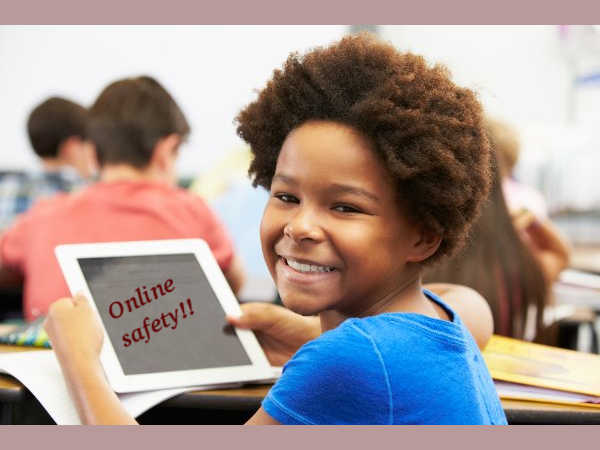
In this world where virtual communications far surpass face-to-face ones, it is imperative that we teach our children about the dangers of the online world. Children, especially tweens and teenagers, are extremely sensitive and can be adversely affected even by minor incidents in their life. Parents and teachers should give proper guidance to children about the online world and its dangers. This can be done by updating themselves about the latest developments or the new in-thing regularly.
Here are a few points that children need to be forewarned about before it is too late.
Over-sharing personal information: You should make children understand that sharing too much information online can be dangerous. Information like their complete name, age, address, the school they attend, personal photographs, etc. should never be shared online. Individuals or companies with malicious intent can make use of this information for nefarious purposes like identity theft.
Cyber-bullying: This refers to the use of internet to harass other people in the virtual world. It may be rumours about a particular person or a group on the internet. This is one of the most dangerous things faced by both children and adults alike. Children should be taught about the ill-effects of cyber-bulying and how to recognise and prevent it. If faced by cyber-bullying, they should know the different methods to take action like blocking the person, reporting it to the concerned authorities, etc. They should also be taught never to take part in cyber-bullying and to put a stop to it if they come across it.
Passwords: Children should know that passwords should not be shared with anyone, no matter how close they are to them. Easy-to-guess passwords like your name, DOB, etc. should never be used. An ideal, strong password should be a combination of uppercase letters, numbers and lowercase letters.
Think before reposting: They should be taught to think twice before reposting or sharing photographs or information about people in social networking sites. They should take care that the information they are about to share should not hurt anyone's reputation now or in the future.
Viruses: Some downloaded files may contain viruses that are harmful to the computer system. Some viruses may also cause the entire system to crash, thereby destroying all information on it. Children should be cautious enough to download files only from trusted sites, so that such mishaps may be avoided.
Scams: Children may receive mails which may promise them crores of rupees, or free tickets to an exotic destination if only they would provide the necessary details. Such mails should be avoided at all costs. Try not to open or reply to mails from unknown people.
Children should be aware of these online dangers, so that they can steer clear of them. They should be taught the value of healthy relationships, both online and offline. Though the online world may have many attractive and addictive pass times, they should know that too much of anything is hazardous. They should be taught the importance of interacting with people face-to-face.



 Click it and Unblock the Notifications
Click it and Unblock the Notifications




























